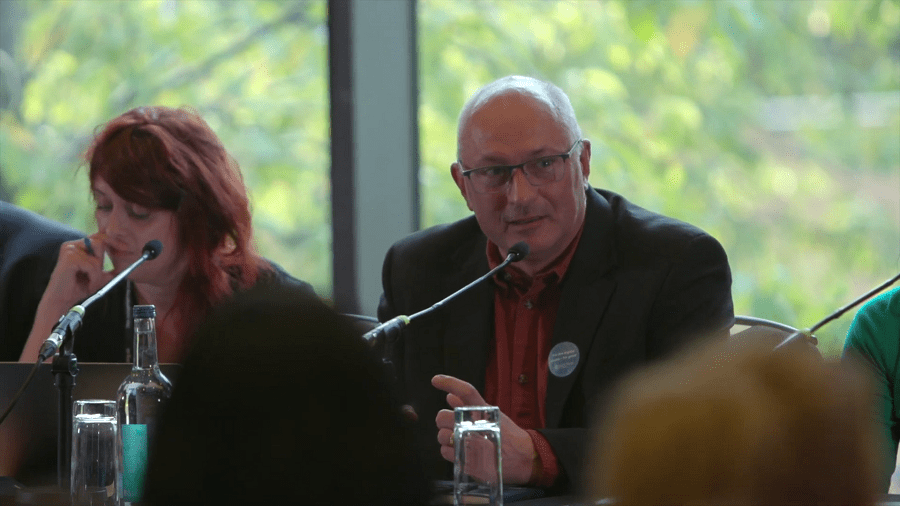Challenges
There are multiple long-standing challenges of digital inequalities in the UK covering all aspects of life from work and education to leisure, health and wellbeing. During the COVID-19 pandemic, The Liverpool City Region COVID SMART testing programme discovered that digital exclusion is one of the main reasons that people did not engage in testing.
In education, the University’s previous research found that 23% of 5 to 15 year olds in the poorest households don’t have access to a laptop, desktop or tablet and broadband. This equates to 524,871 UK children, of whom, 74,225 are likely to be studying for their GCSEs.
The University’s recent research on Citizen Data Literacies, funded by the Nuffield Foundation, identified people with low digital skills are at greater risk of online harm and are more likely to be exposed to and accept misinformation. As a result, the nature and consequences of digital exclusion has become a renewed focus for policy-makers.
Solution
The University of Liverpool is supporting regional governments and agencies across the UK to address this issue. Professor Simeon Yates, Associate Pro-Vice-Chancellor Research Environment and Postgraduate Research, is working with experts, including Professor Alex Singleton, Geographic Information Science at the University of Liverpool, and Professor Supriya Garikipati from University College Dublin, to identify the ‘minimum basket of digital goods, services and skills’ that allows families to have an adequate quality of life and participate socially.
Grounded in the proven Minimum Income Standard (MIS) method developed by project partners at Loughborough University, the team will question families, focus groups and experts across the UK to determine digital needs, including the equipment, tools and skills they require to achieve a minimum digital living standard. The research will develop a proof-of-concept, applying novel statistical and Geographical Information System (GIS) methods to explore households’ social, economic and geographical variations against the minimum digital living standard (MDLS).
Funded by the Nuffield Foundation, the project involves partners from the Good Things Foundation, Loughborough University, and City University and builds upon the team’s Me and My Big Data (M&MBD) project that sought to understand the levels of variations in data literacy amongst people living in the UK. Evidence from the project’s final report shows that many people continue to have a limited understanding of what data is and how it’s tracked, collected and used by organisations, and don’t use basic data and privacy protections.
The Me and My Big Data project revealed an overall picture of low data literacies across the UK with older users, people with low educational attainment and people from lower socio-economic groups as most likely to have lower data literacies. As Professor Simeon Yates outlines: “This lack of ‘data literacies’ puts people at risk and limits their ability to operate as proactive citizens in a digital society. Importantly, evidence is growing of inequalities in data literacies that mirror broader social inequalities.”
Impacts
The Me and My Big Data has provided evidence and guidance around empowering citizens to critically examine and understand their position in a datafied society. This will lead to people engaging in more proactive citizenship and using publicly available information for personal and civic action. They want people to be able to question and feel like they can challenge this current state of ‘networked privacy’ through a combination of increased educational tools and support, alongside the intervention by governments and policy-makers on the operation of online platforms.
The MDLS team hope to empower both policy makers and citizens through providing a clear measure of the minimum a household needs to operate in our digital society. Together these projects seek to ensure that households and citizens can lead a positive and proactive digital life.
These projects have been funded by the Nuffield Foundation, but the views expressed are those of the authors and not necessarily the Foundation.
Visit the Minimum Digital Living Standard (MDLS) project website here.
Importantly, evidence is growing of inequalities in data literacies that mirror broader social inequalities.
Professor Simeon Yates
Back to: Research

